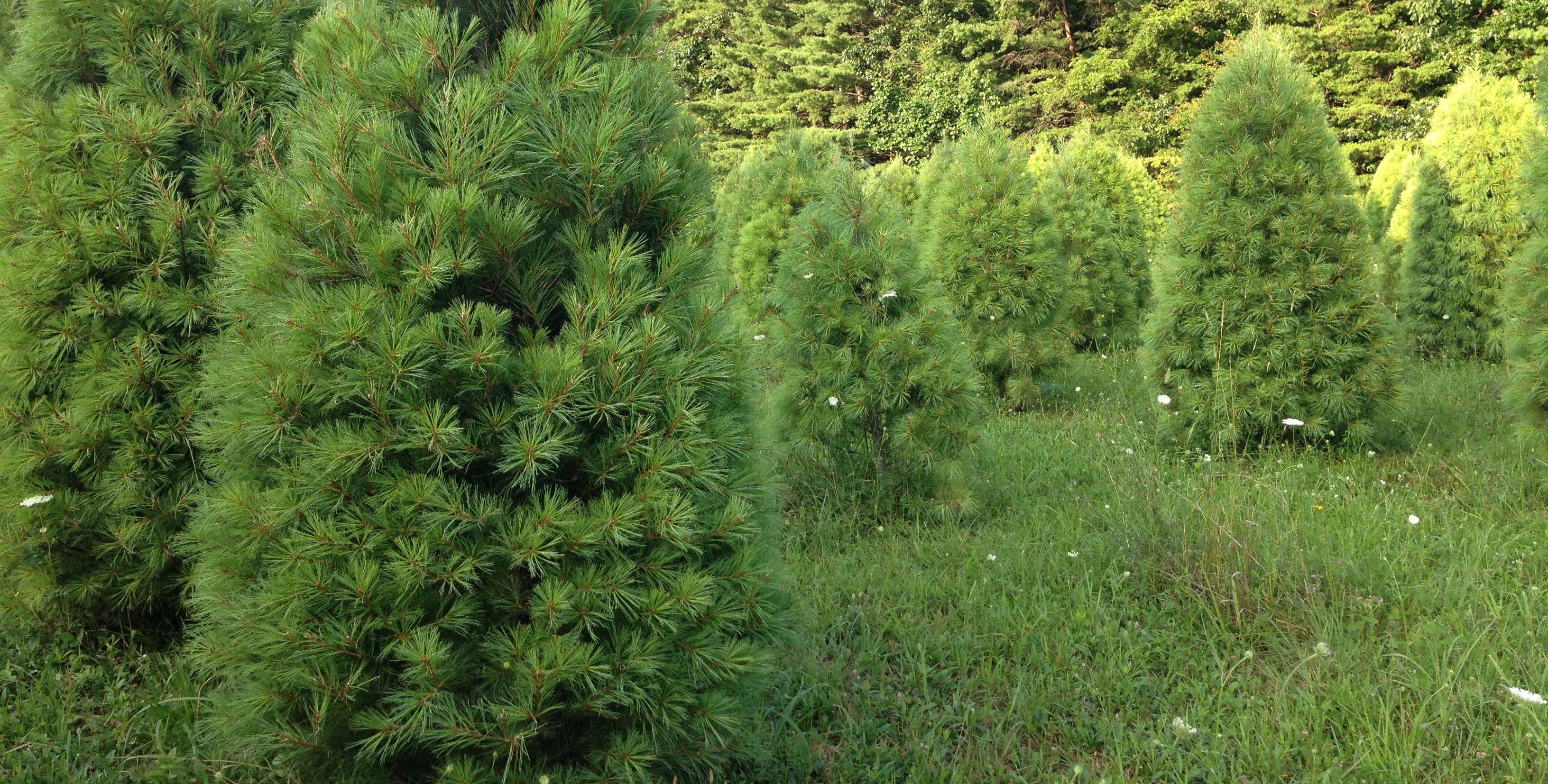(RICHMOND, VA)–When considering a Christmas tree this season, the Chesapeake Bay Foundation (CBF) in Virginia urges you to help the environment and local economy by buying a real tree and recycling it after the holidays.
"Real Christmas trees are a renewable resource that clean our air and water. After the holidays they should be planted, composted, or recycled into mulch," said CBF Virginia Watershed Restoration Scientist Matt Kowalski. "Buying a real Christmas tree is also a great way to support local growers this season."
For some people, having a real Christmas tree is not a viable choice. However, an artificial petroleum-based tree is used on average for just six to nine years before it takes up permanent space in the local landfill, according to the National Christmas Tree Association. Because real trees are biodegradable, they can be recycled rather than disposed of in a landfill.
Many communities have recycling programs for trees, with some even offering curbside pickups. In most cases the recycled trees are shredded into mulch for use in landscaping, which eventually breaks down into soil. At home, people can also compost trees or use them as food and habitat for wildlife.
"As they grow, real Christmas trees absorb carbon dioxide and release clean, fresh oxygen," said Kowalski. "Like all trees, they reduce erosion and pollution by filtering and absorbing runoff before it reaches nearby rivers and streams." People can add the same benefits to their yard by buying a live Christmas tree in a container or burlap and planting it after the holidays.
Virginia ranks among the top ten states in the nation for Christmas tree production. The Commonwealth has 489 Christmas tree farms on about 10,000 acres, producing about a half a million trees annually valued at $6.8 million, according to the Virginia Christmas Tree Growers Association.
Bill Francisco raises white pine, Norway and blue spruce, and Canaan fir at Francisco Farms outside of Staunton on the headwaters of the Shenandoah River. He frequently sees songbirds, rabbits, deer, and other wildlife among the trees he raises. "A locally grown Christmas tree is all-natural and supports Virginia farmers," said Francisco. "While these trees are grown as a crop, they don't disturb the land as much as crops that are harvested every year. That's good for the soil and for clean water."
After the holidays, Francisco has seen trees recycled in many different ways, including as bird habitat in the backyard, as brush covering duck blinds, and submerged in fishing ponds as structure.
Providing adequate water during the holidays is vital to keeping real Christmas trees fresh and reducing needle loss. It is recommended that the water level be kept above the base of the tree in a tree stand with a capacity of at least one gallon. The water level should be checked daily. If the tree has been cut for more than 12 hours before purchase, cutting another a one-quarter inch disk at the base is recommended to improve water intake. Trees should be kept away from fireplaces, heaters, and other sources of heat.
A list of Christmas tree farms in the Commonwealth is available at the Virginia Christmas Tree Growers Association website at http://www.virginiachristmastrees.org/.



